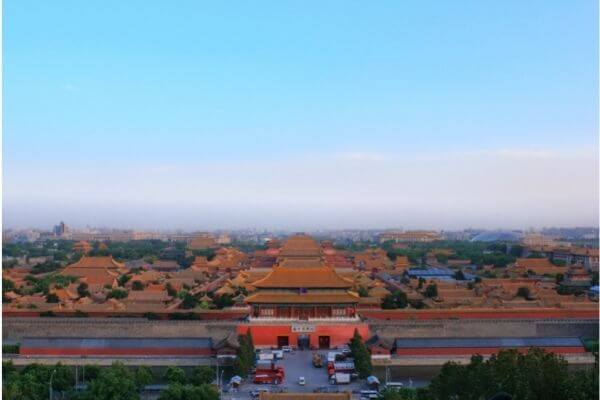
National People’s Congress is the highest organ of state power in China.
In China, the National People's Congress(NPC) and its Standing Committee enact laws, including the Constitution.
But, the Constitution can only be enacted and amended by the National People's Congress, not by its Standing Committee.
It also enjoys the power to elect, decide on and remove leaders and members of the highest state organs, oversee the government, and examine and decide on major state issues in line with the Constitution and other state laws.
The administrative, judicial, procuratorial, military and other organs of the state are created by the organ of state power, and are therefore supervised by and responsible to it.
The number of elected deputies to the National People’s Congress (the NPC) for the current tenure(2018-2023) is 2980.
The statistics of elected deputies to the NPC for the latest five tenures are as follows:
The number of deputies to the 13th NPC (tenure: 2018-2023): 2,980;
The number of deputies to the 12th NPC (tenure: 2013-2028): 2,987;
The number of deputies to the 11th NPC (tenure: 2008-2013): 2,987;
The number of deputies to the 10th NPC (tenure: 2003-2008): 2,984;
The number of deputies to the 9th NPC (tenure: 1998-2003): 2,979.
In accordance with laws, the number of deputies to the NPC shall not exceed 3,000.
After deputies to the NPC are elected, the dismissal, resignation, by-elections of deputies may occur, so the number of deputies to the NPC will fluctuate slightly during their tenure.
Cover Photo by Yekaterina Golatkina on Unsplash
Contributors: CJO Staff Contributors Team









